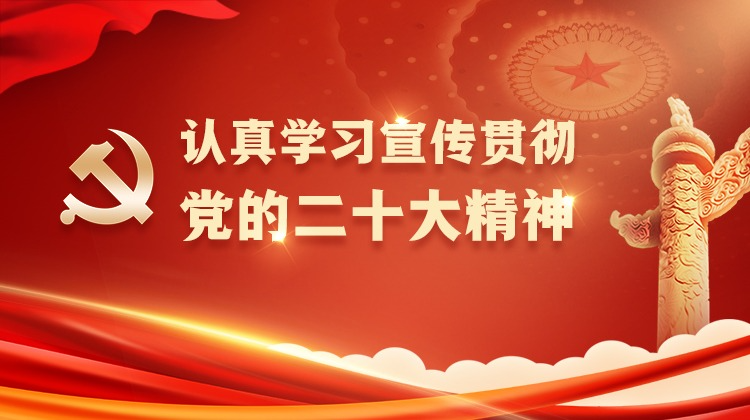HANGZHOU, May 25 (Xinhua) -- Playground slides, park swings, mall play structures, kindergarten climbing sets -- these childhood favorites all belong to a single category of toys: non-powered amusement facilities.
In this realm of childhood wonder, Qiaoxia, a small town in Yongjia County, east China's Zhejiang Province, has cemented its position as a global epicenter of playground equipment manufacturing.
With over 1,300 toy manufacturing and supporting businesses packed into its 150-square-km area, the town produces 63 percent of China's non-powered playground facilities.
In recent years, the town dubbed "China's capital of teaching equipment and toys" has transformed itself through innovating its products and extending its industrial chain, with its various products exported to more than 100 countries and regions.
The industry traces its roots in the town to the 1970s, when local artisans, inspired by preschool teaching materials, began crafting educational toys from white clay and wood.
"Using the resources from the local kaolin mine, villagers first produced plasticine before crafting wooden knives and dumbbells as teaching toys," said Xu Jianbin, head of the economic and information technology bureau of Yongjia County.
A breakthrough came around 1978, when local wood-carver Wu Yuanxi created plastic educational posters based on the country's kindergarten textbooks, which became a national sensation.
At the same time, China was initiating its reform and opening-up, followed by two decades of rapid economic growth, a sharp increase in people's living standards, and a drastic rise in demand for toys.
By the 1990s, educational plastic posters, wooden puzzles, playhouses, slides, and ball pits became hits that turbocharged Yongjia County's toy industry, which went through a transformation from family workshops into professional enterprises.
Kaiqi Group, a leading toy producer established in 1995, was among the earliest enterprises in China to integrate the production and R&D of playground equipment.
"With a dedicated team of over 100 R&D personnel, the company introduces dozens of new products every year," said Hu Zhang, deputy general manager of the group, adding that the company has set up a sales and R&D center in Shanghai and spends more than 20 million yuan (about 2.78 million U.S. dollars) on average annually on R&D.
Hu recalled that the company's landmark transformation occurred around 2008, when the founders of the group, following an overseas visit, poured some 70 million yuan into equipment upgrades.
"Back then, our foreign peers produced much higher quality toys, prompting our mould upgrades," Hu said.
The investment paid off. At an international fair in 2012, their products were warmly received by foreign clients.
In addition to enhancing product quality and diversifying offerings, local toy enterprises are innovating their business models.
Starting with trampolines, Liben Group Corporation has expanded into customized non-powered amusement equipment, as well as facilities in children's theme parks and outdoor fitness equipment. Recently, the company has opened seven indoor amusement venues in cities like Shenyang and Changchun, handling everything from design to operations in-house.
"This new model drives growth while also allowing product optimization through direct customer feedback," said Miao Xiangpeng, the company's deputy general manager.
After nearly 50 years of development, Qiaoxia has established a coordinated industrial ecosystem, now home to six enterprises each with an annual revenue exceeding 100 million yuan.
A government work report released in March said China will accelerate efforts to boost the development of county economies.
Driven by the town's toy manufacturing industry, Yongjia County secured a total industrial output of 4.74 billion yuan among its 60 enterprises above the designated size in the sector in 2024, an increase of 8 percent over the previous year.
An enterprise above the designated size means one with an annual main business turnover of at least 20 million yuan.
"By helping firms set up R&D hubs and jointly exhibit at global trade shows, we will secure new orders and boost our reputation as China's capital of teaching equipment and toys," said Chen Ming, deputy Party chief of Qiaoxia Town. ■







 新华报业网
新华报业网














 Android版
Android版
 iPhone版
iPhone版




